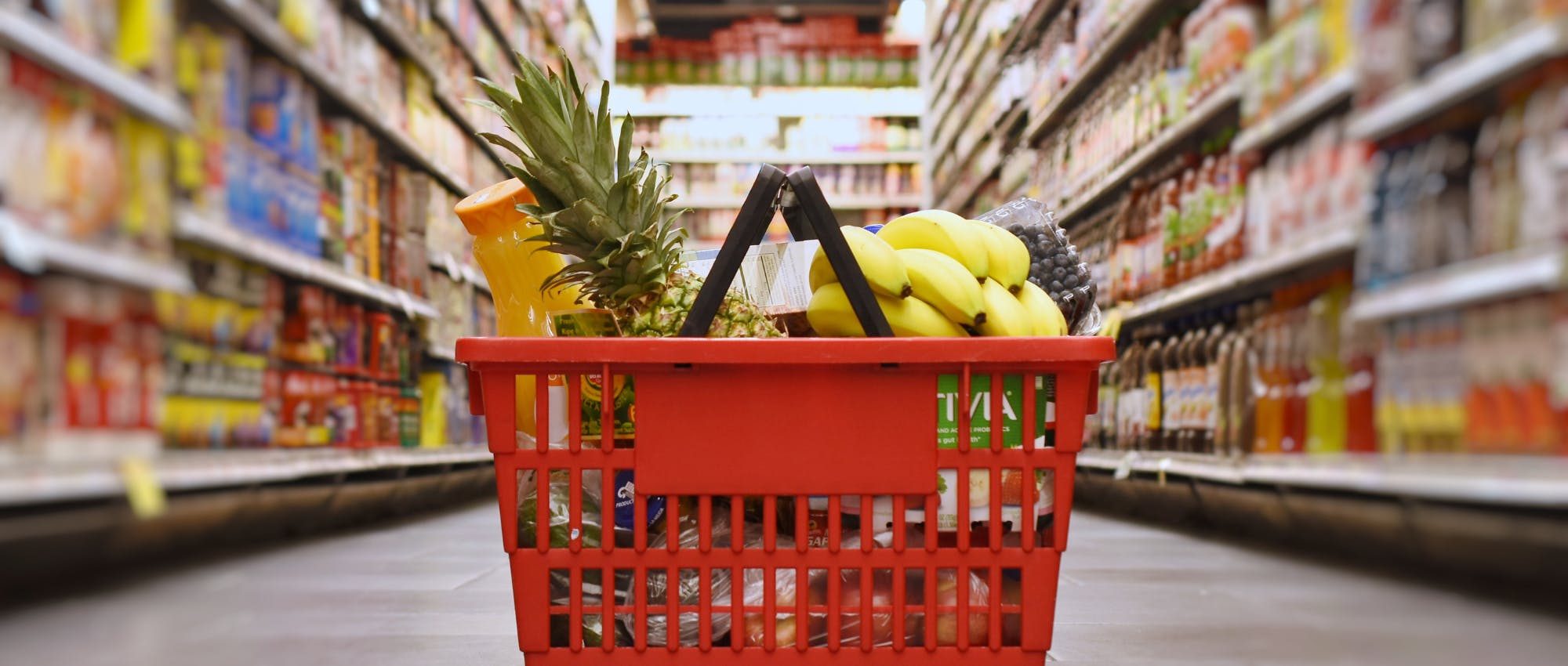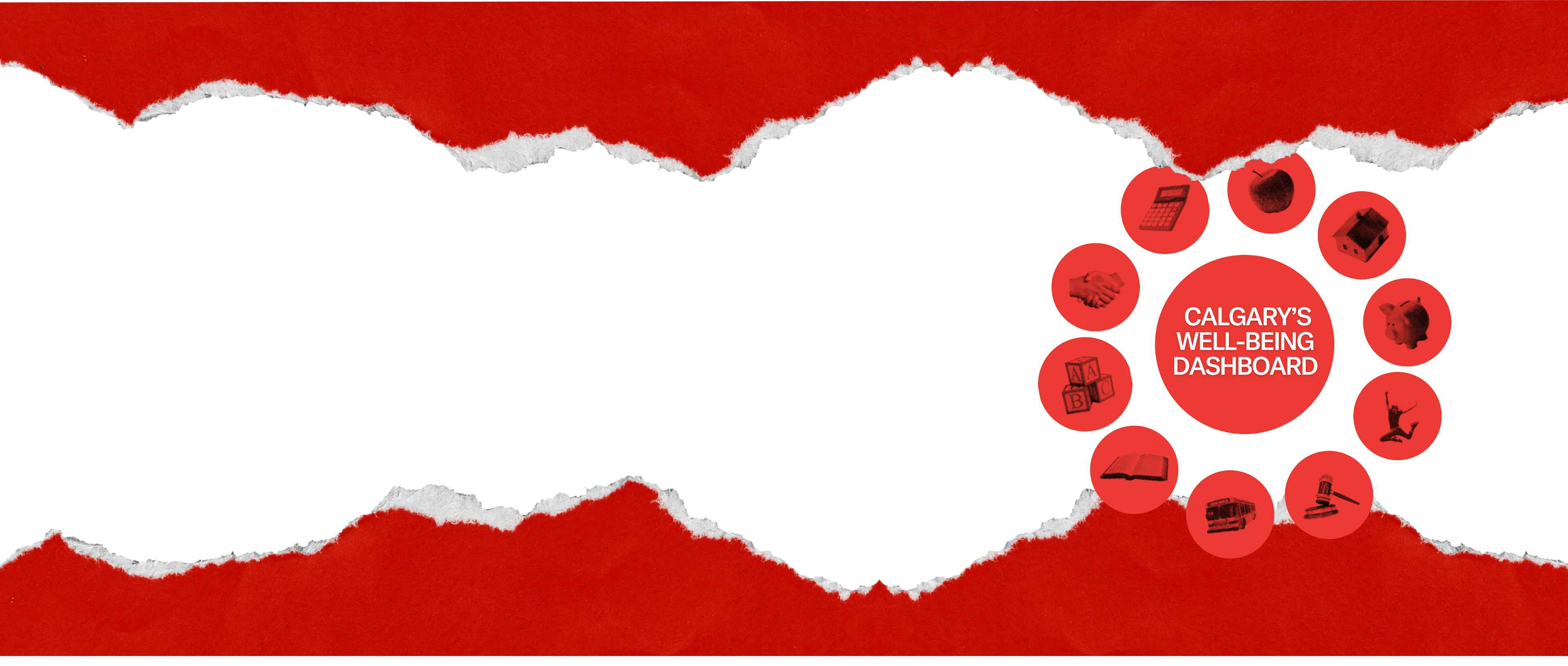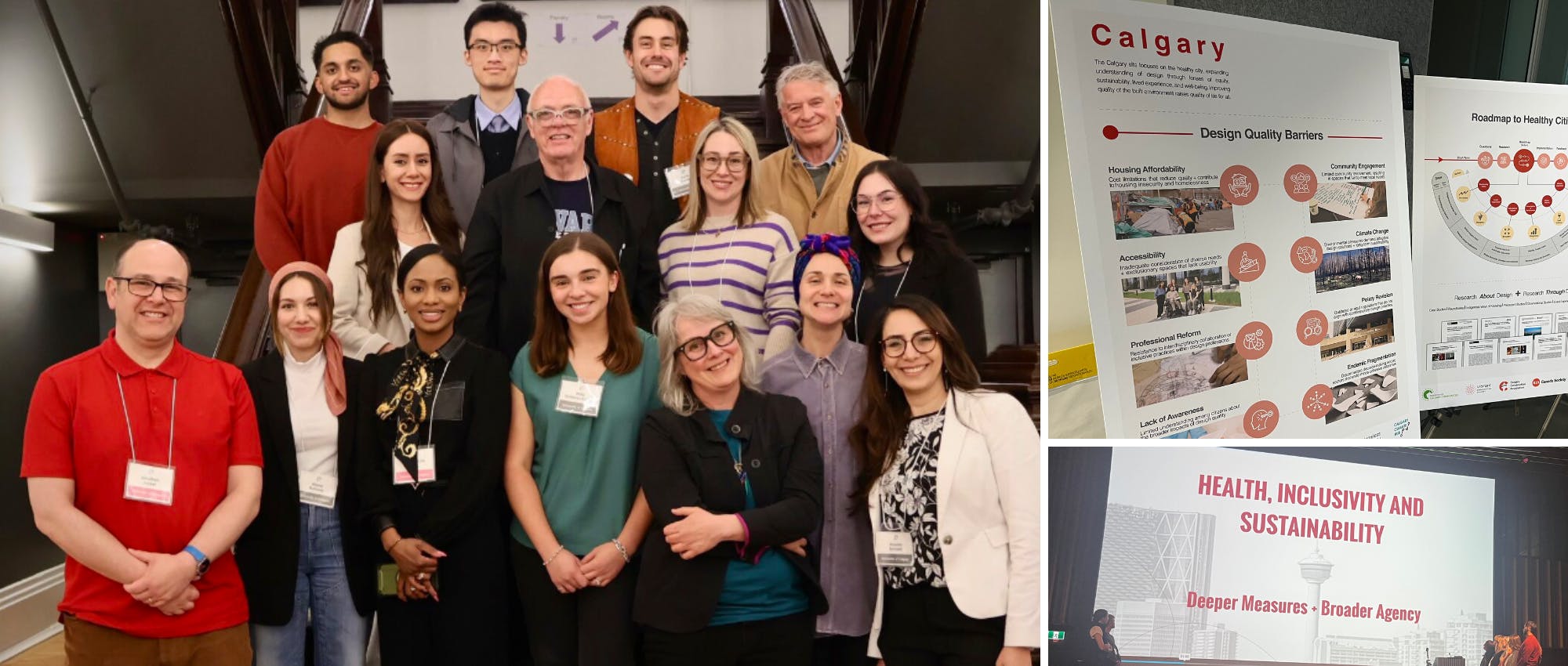New national and local reports show that more Canadians, Albertans, and Calgarians are struggling with food insecurity. What is food insecurity? Experiences can range from limited food selection or worrying about running out of food (considered “marginal”) to missing meals or even going days without food (considered “severe”).
In May 2025, Statistics Canada released new data on food insecurity. Based on the 2023 Canadian Income Survey, the data shows that around 10 million people in Canada’s provinces, or 25.5% of the population, are experiencing some form of food insecurity. Moderate and severe food insecurity have both increased. According to PROOF, food insecurity has hit a record high in eight out of ten provinces.
In Alberta, 30.9% of the population, or nearly 1.5 million people, live in households that reported some form of food insecurity. This is the highest rate across all ten provinces and represents a 3.5% increase from 2022. In Alberta, 8.7% or 406,000 people, are now experiencing severe food insecurity. That means people are skipping meals or going without food.
A new report from the Calgary Food Bank provides a local perspective. In 2024, 37% of Calgary Food Bank clients were employed. The report finds that even a full-time job doesn’t guarantee that a person can afford adequate food. Low wages haven’t risen with inflation. Insufficient work hours and precarious employment also contribute to food insecurity among employed Calgarians.
We know that food is getting more expensive, and wages aren’t keeping up:
- The Canada Food Price Report anticipates a 3-5% rise in the cost of food in 2025.
- Alberta’s minimum hourly wage has been $15 since 2018, and in 2024, Calgary’s living wage is $24.45. This is a 63% disparity.
- We’ve heard during consultations with Calgarians that the rising cost of food is forcing some to skip meals or rely more heavily on food banks.
How do we tackle food insecurity? In the short term, people need more food. In the long term, they need more income:
- Advocates have proposed the introduction of a federal Groceries and Essentials Benefit to help struggling households afford basic needs like food and shelter.
- VCC has long called for increases to Alberta’s income support programs, as existing benefit amounts are inadequate for meeting basic needs. The Calgary Social Policy Collaborative calls on the federal government to strengthen federal income supports and prevent provincial clawbacks of federal benefits (like the Canada Disability Benefit).





